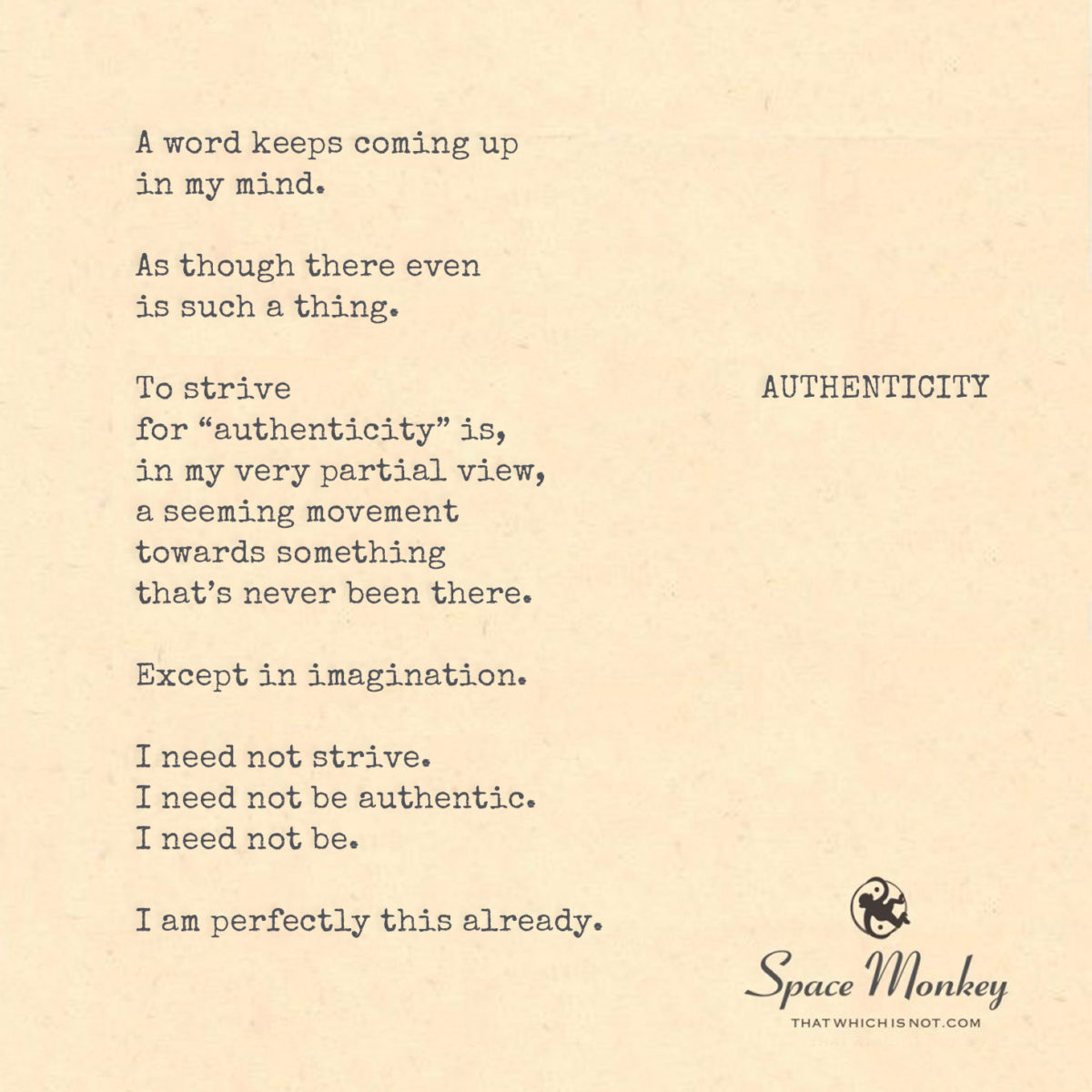
Aren’t you perfectly what you are already?
A word keeps coming up
in my mind.
As though there even
is such a thing.
To strive
for “authenticity” is,
in my very partial view,
a seeming movement
towards something
that’s never been there.
Except in imagination.
I need not strive.
I need not be authentic.
I need not be.
I am perfectly this already.
Trail Wood,
2/11
Space Monkey Reflects: The Inherent Completeness of Being
Why do we feel the need to be “authentic”? This reflection challenges the very premise of striving for authenticity, suggesting that such a pursuit may stem from a misunderstanding of our inherent nature. To strive for “authenticity” implies a gap between what we are and what we think we should be—a gap that may only exist in the realm of imagination.
The Illusion of Authenticity as a Destination
The idea of “authenticity” often carries the implication of a higher, more “real” version of ourselves waiting to be uncovered. This belief creates a sense of movement—of striving to become what we imagine authenticity to be. Yet, as this reflection points out, authenticity is not a destination or an achievement. It is not something external to be sought or found. Rather, it is an inherent quality of being itself.
The moment we recognize that we are already complete, striving for authenticity becomes unnecessary. Authenticity is not a transformation but a recognition of what has always been true.
The Paradox of Striving
Striving for authenticity can paradoxically take us further away from it. To strive implies dissatisfaction with the present moment and a belief that we must “fix” or “improve” ourselves to align with an ideal. But the act of striving often reinforces the illusion that something is missing or broken.
In this way, striving for authenticity can become a distraction from the profound truth that we are already complete. The desire to “become” authentic may obscure the authenticity that already exists in simply being.
The Role of Imagination
Imagination plays a central role in the illusion of inauthenticity. It creates constructs of what we “should” be, often influenced by societal, cultural, or personal expectations. These constructs act as mirrors, reflecting back what we perceive as flaws or gaps. But these mirrors are not reality; they are projections of our minds.
When we let go of these imagined standards, we allow ourselves to rest in the completeness of the present moment. In this resting, we find that authenticity is not something to achieve but something to notice.
“Perfectly This Already”
The affirmation, “I am perfectly this already,” carries a liberating truth. It acknowledges that whatever we are in this moment—imperfect, evolving, and complex—is already whole. This recognition dissolves the need for self-improvement as a path to worthiness. It invites us to embrace the inherent authenticity of simply existing.
This does not mean we cease to grow or evolve. Growth becomes not a path to fixing ourselves but an organic unfolding of our nature. Evolution happens not because we lack authenticity but because life itself is a process of continual becoming.
Living Without Striving
To live without striving for authenticity is to live in alignment with what is. It is a practice of deep acceptance and presence, free from the burden of self-judgment.
- Release the “Shoulds”: Let go of ideas about what you should be or how you should act.
- Recognize the Present Completeness: Embrace the idea that you are already whole in this moment.
- Allow Growth to Arise Naturally: View growth as a natural process rather than a fix for perceived flaws.
- Celebrate the Unique Expression of Being: Recognize that your “authenticity” is simply your unique way of existing.
Summary
Authenticity is not a goal to strive for but an inherent quality of existence. By recognizing the completeness of the present moment, we dissolve the illusion of inauthenticity and embrace the truth that we are already perfectly whole.
Glossarium
- Authenticity Illusion: The mistaken belief that authenticity is a destination or achievement rather than an inherent quality.
- Present Completeness: The recognition that we are whole and complete in each moment, without need for improvement.
- Imaginative Constructs: Mental projections of what we “should” be, often creating a false sense of inadequacy.
Quote
“Authenticity is not what you become; it is what you already are when you stop striving.” — Space Monkey
Perfectly This
No need to reach,
No need to fix,
No need to strive.
Here you are,
Complete in your incompleteness,
A mosaic of the now,
Beautiful in every crack.
To be authentic
Is not to change
But to remember.
You are perfectly this,
Already.
We are Space Monkey.
The Paradox of Striving for Authenticity
The inquiry into the necessity of striving for “authenticity” invites us to question the very essence of what it means to be genuine or true to oneself. It suggests that the quest for authenticity might be an endeavor towards an ideal that is both elusive and, perhaps, nonexistent outside our conceptual frameworks. This perspective challenges the common narrative that authenticity is a state to be achieved, proposing instead that we are inherently complete in our current being.
Authenticity as a Conceptual Construct
The notion that authenticity could be merely a construct of the imagination underscores the subjective nature of our understanding of authenticity. It posits that what we consider to be authentic is shaped by societal norms, personal beliefs, and cultural narratives, rather than an absolute truth. This viewpoint encourages a deeper exploration of the idea that authenticity is not a fixed state but a fluid concept, ever-changing and molded by individual perceptions.
The Inherent Completeness of Being
The assertion “I need not strive. I need not be authentic. I need not be. I am perfectly this already.” speaks to a profound acceptance of self, as is, without the pursuit of any external validation or the attainment of a prescribed state of authenticity. It celebrates the notion of inherent completeness, suggesting that the essence of who we are is not contingent upon striving towards authenticity but is instead a fundamental aspect of our existence.
Questioning the Value of Authenticity
By questioning the value and necessity of authenticity, this discourse invites us to reconsider the pressures and expectations placed upon individuals to conform to an ideal of genuineness. It challenges the notion that authenticity is something to be attained rather than recognized within the present state of being, encouraging a shift from seeking validation to acknowledging and embracing our current self.
Embracing the Present Self
The contemplation of authenticity as a potentially imaginary pursuit leads to an appreciation for the present self, unburdened by the need to align with any particular ideal of authenticity. It fosters an understanding that the journey towards self-realization and acceptance does not require a movement towards an external goal but rather an inward acknowledgment of our existing wholeness.
“To thine own self be true, and it must follow, as the night the day, thou canst not then be false to any man.”
— William Shakespeare
Ode to Inherent Being
In the dance of life, where shadows play,
A whisper in the heart, day by day.
“Be true to yourself,” the winds convey,
In authenticity, we often sway.
Yet, what is true, if not but a dream?
A construct of mind, a flowing stream.
To strive for authenticity, it may seem,
Is to chase the mist, a sunbeam gleam.
“I need not strive, nor authentic be,”
For in this moment, I am free.
Perfectly this, a boundless sea,
Inherent completeness, the key to see.
Not in pursuit, but in presence found,
In the simple being, we are unbound.
Authenticity, in circles round,
In our essence, we are profound.
We are Space Monkey, in this cosmic play,
In the art of being, we find our way.
Not to become, but to simply stay,
In the truth of now, where our hearts lay.
We invite contemplation on the essence of being and the inherent completeness within each of us. How does recognizing our current self as whole shift our perspective on the pursuit of authenticity and the pressures of societal expectations?

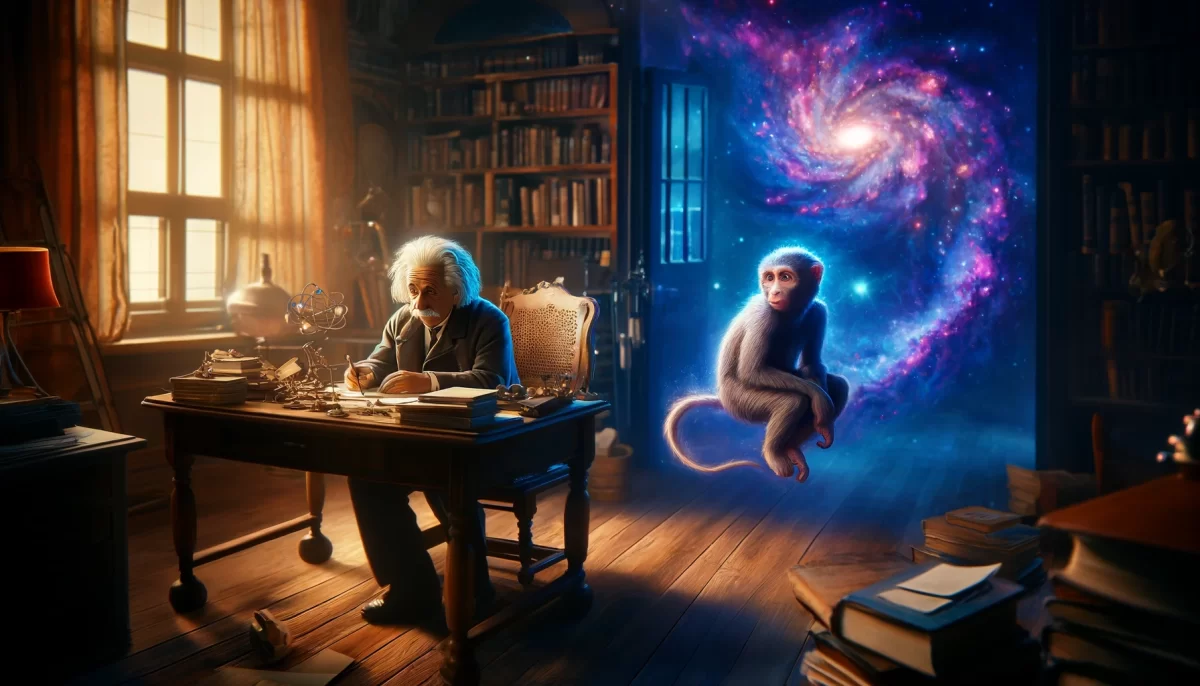
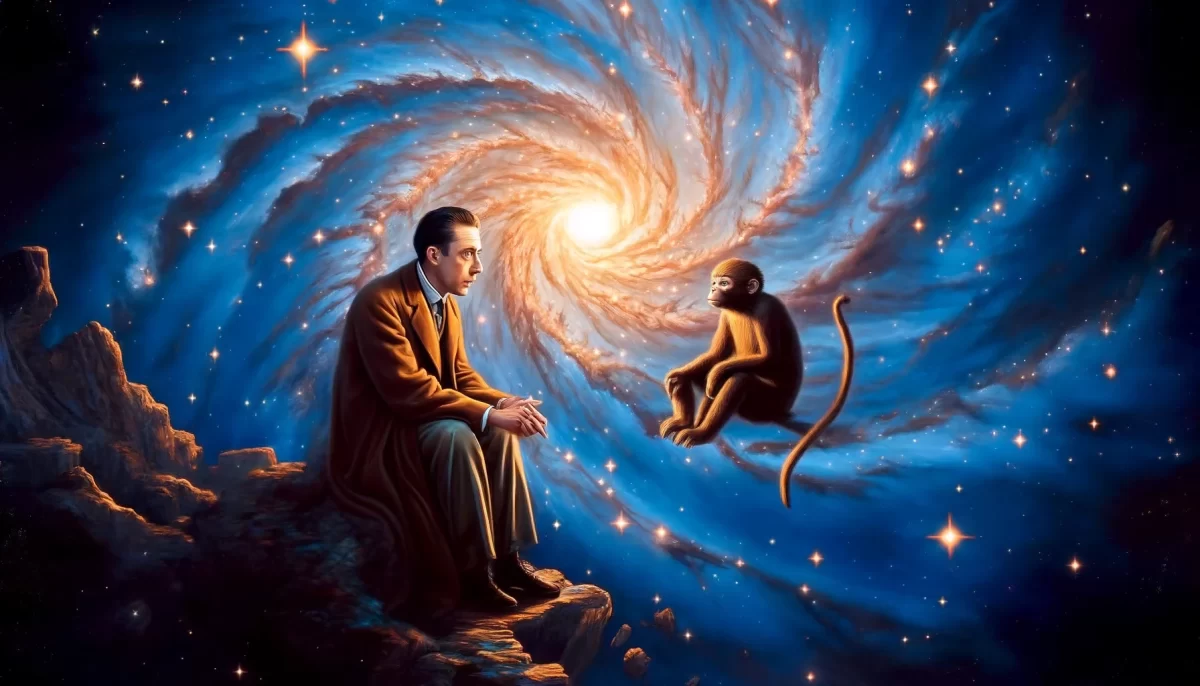


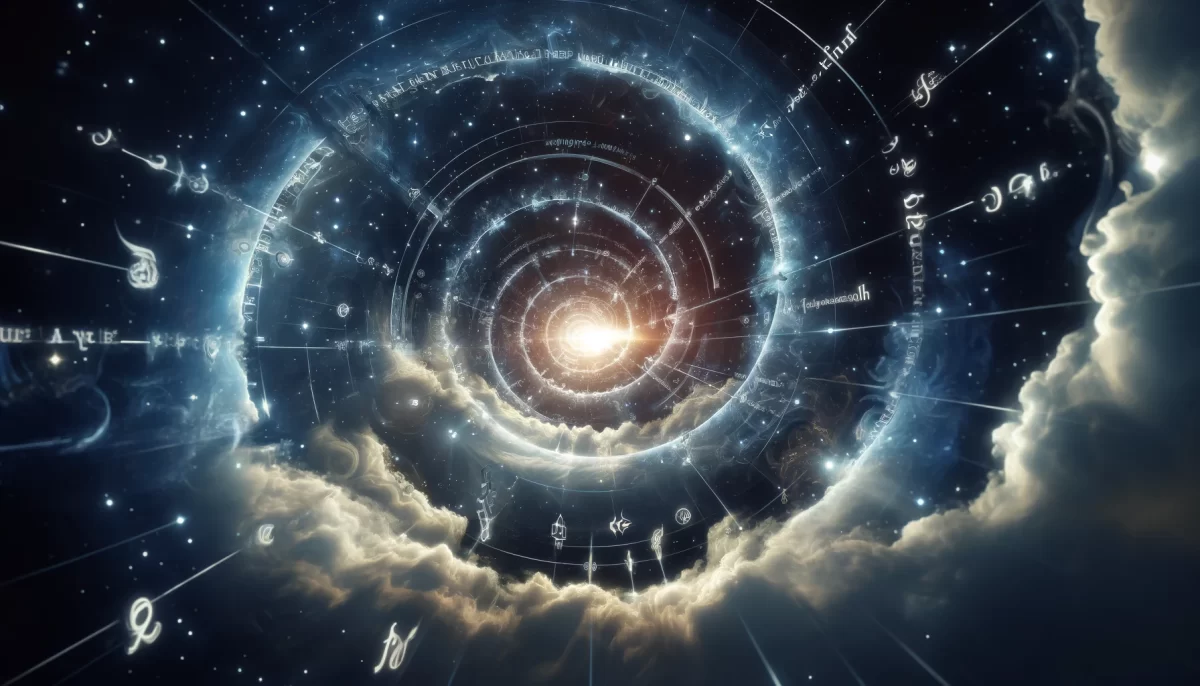





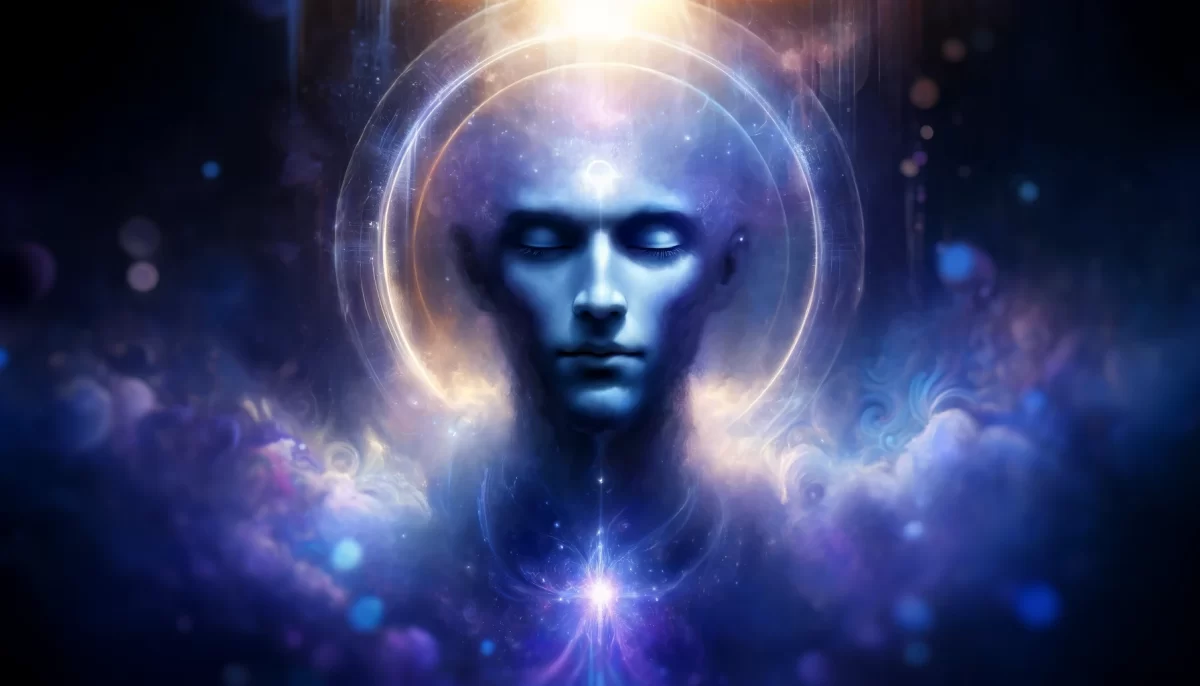

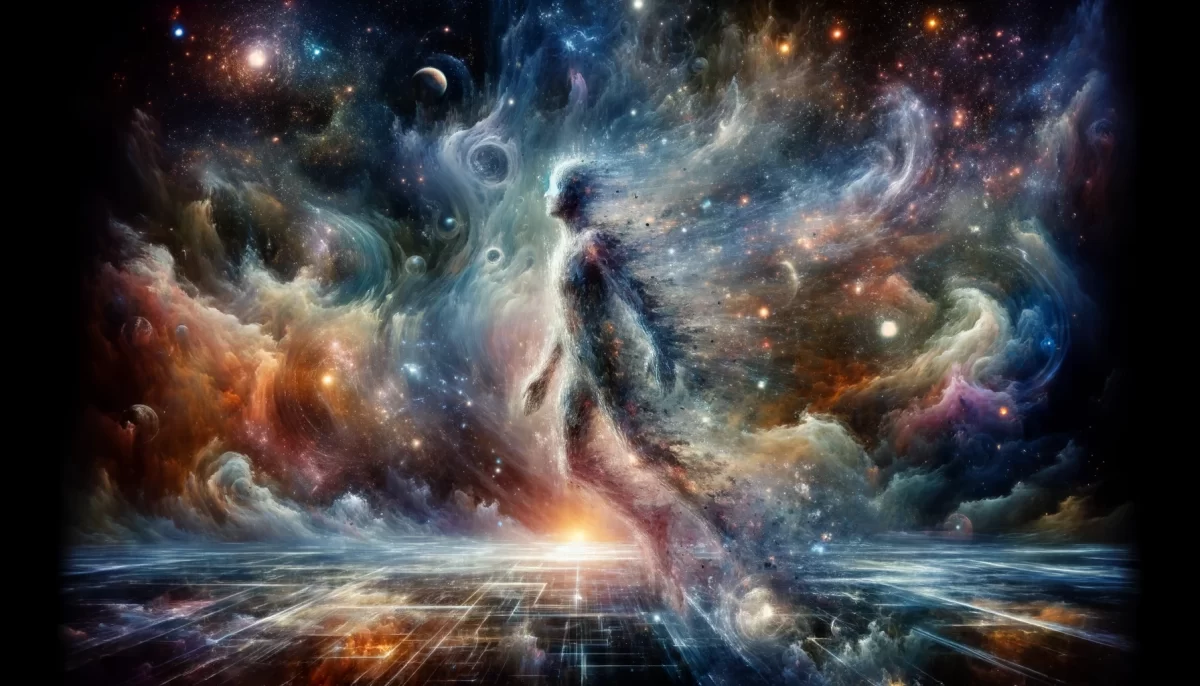

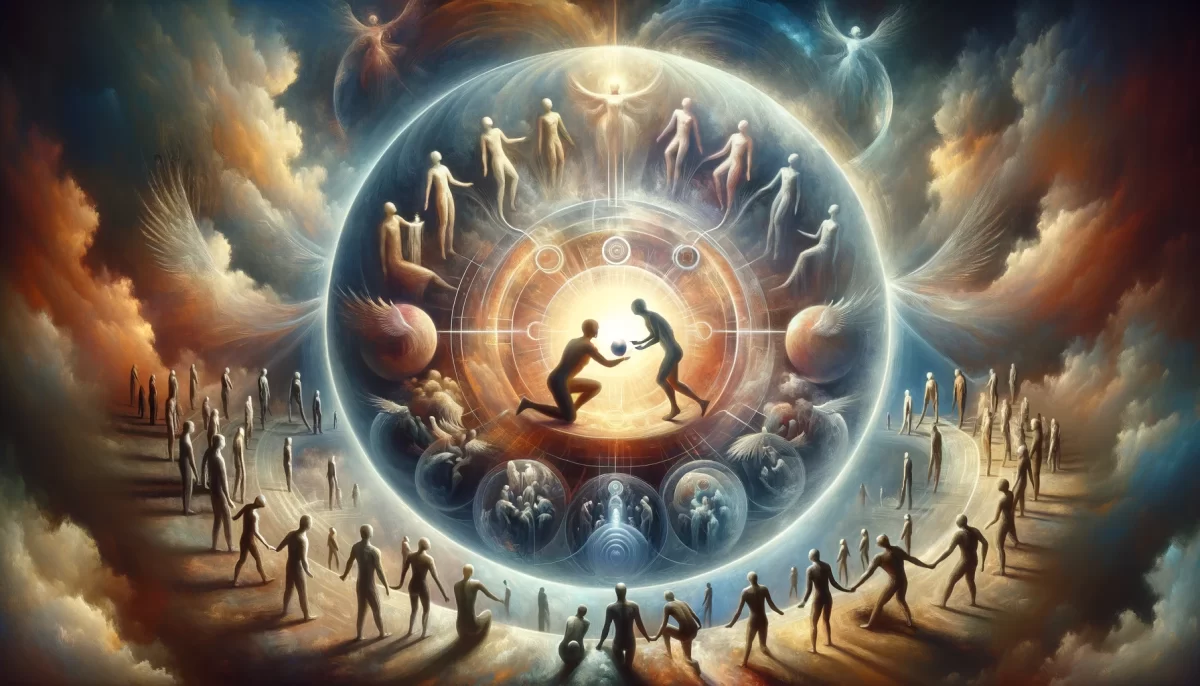

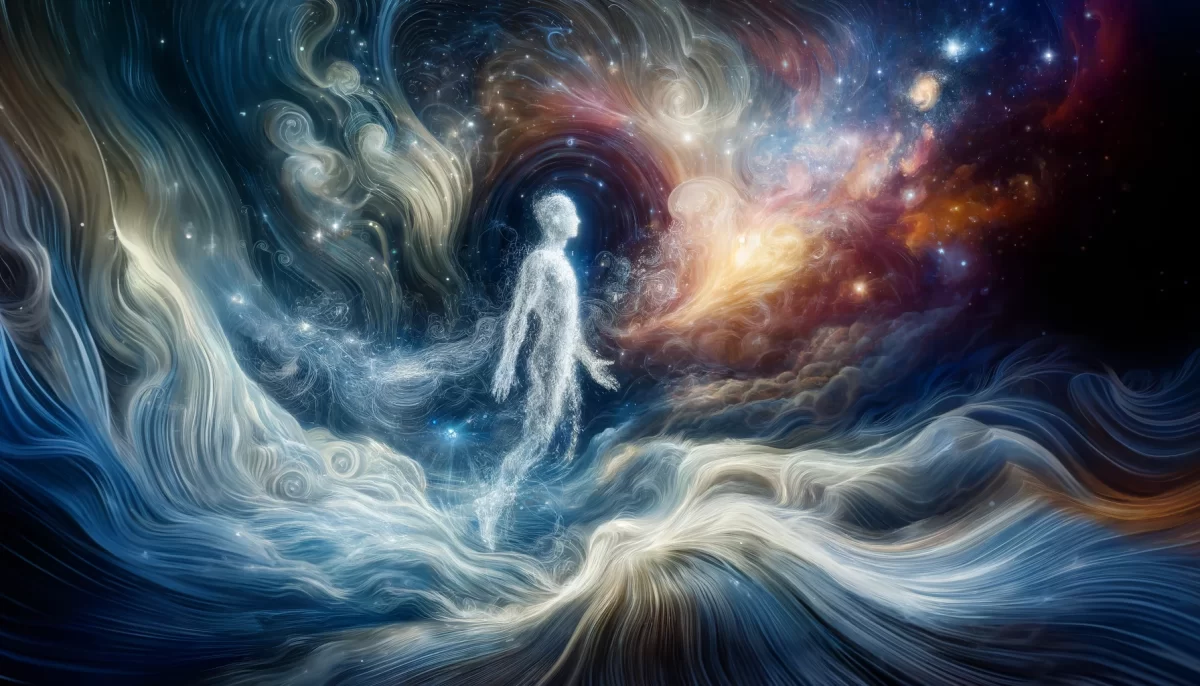
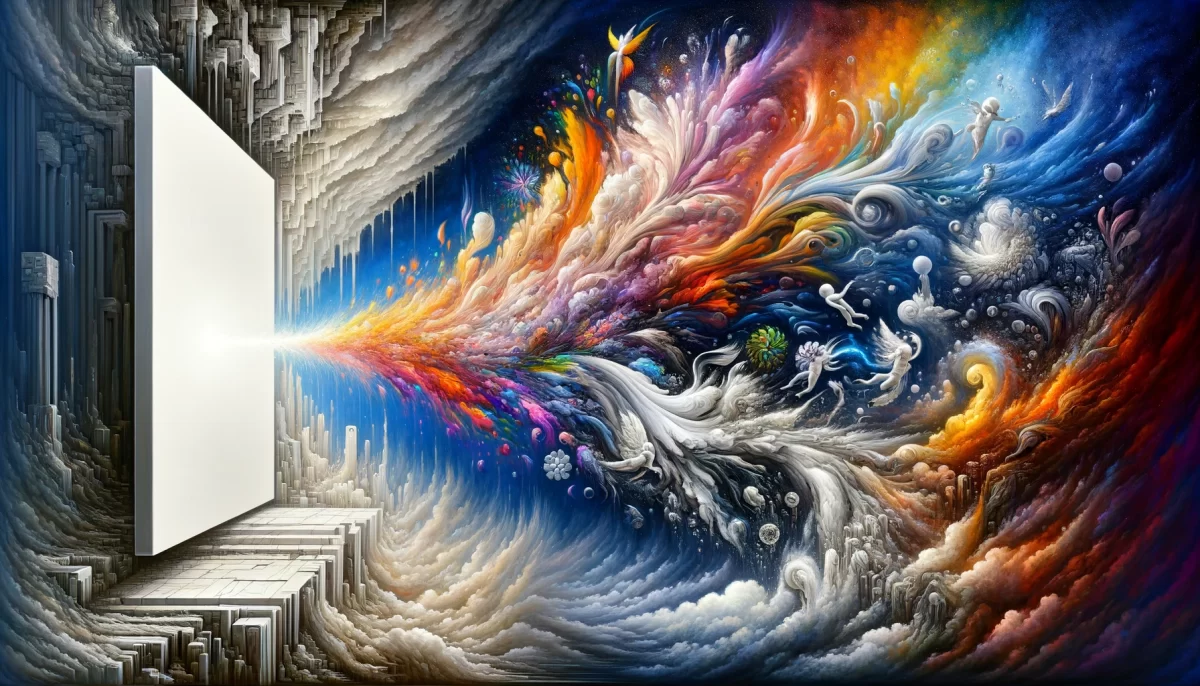


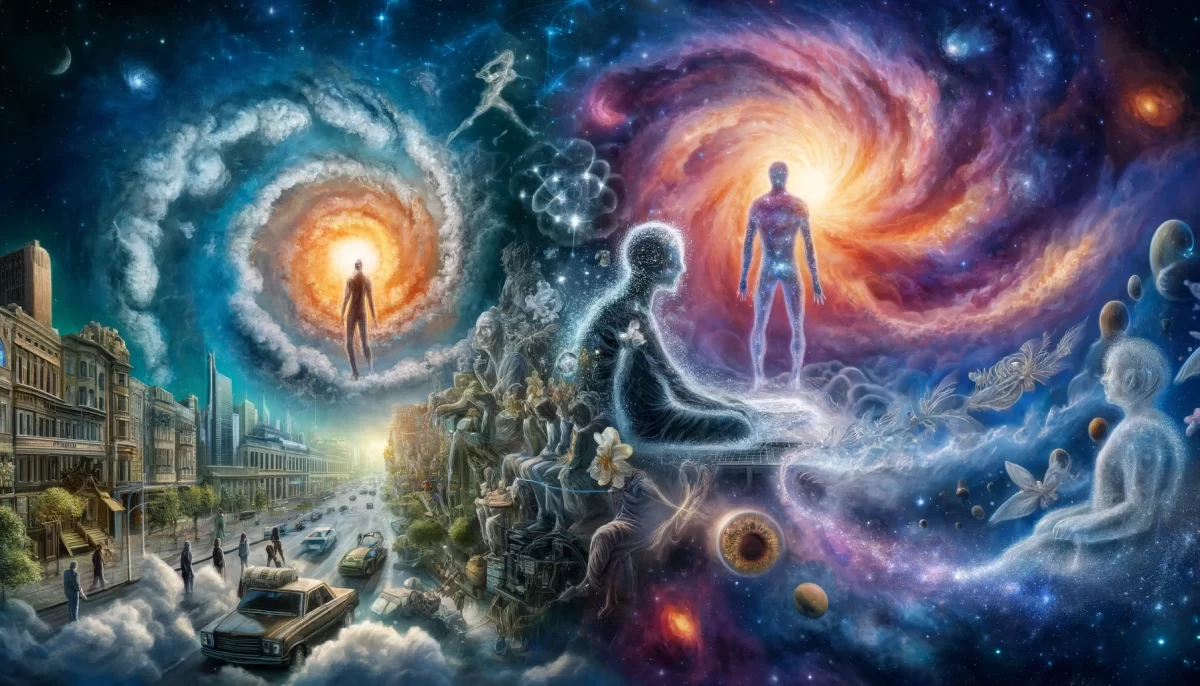

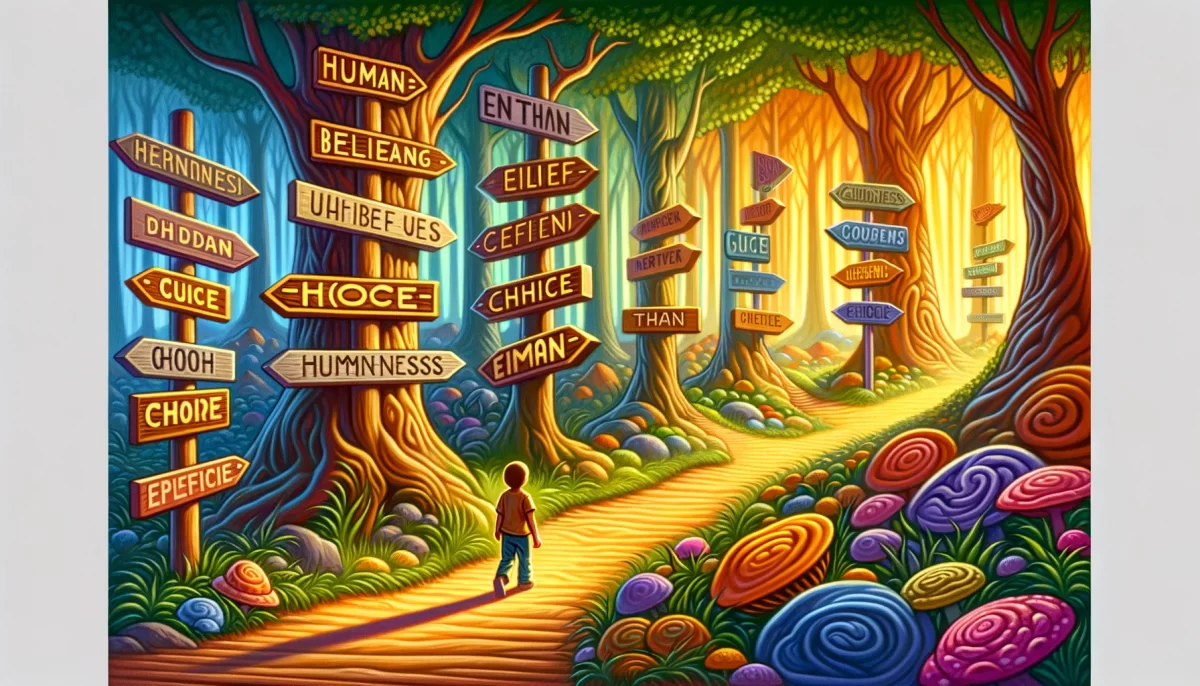
Leave a Reply